Navalny Widow Claims Lab Tests Prove Poisoning in Prison
- by Editor
- Sep 17, 2025
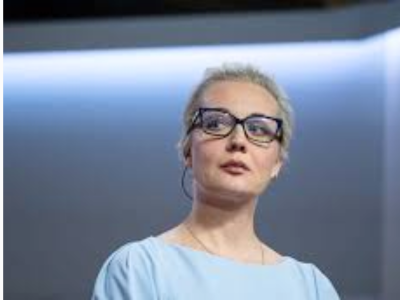
Credit:
Yulia Navalnaya, widow of the late Russian opposition leader Alexei Navalny, has announced that independent laboratory analyses from two foreign countries confirm her husband was poisoned while serving his sentence in an Arctic prison, where he died in February 2024.
In a video statement shared on social media, Navalnaya explained that allies managed to smuggle biological samples from Navalny abroad shortly after his death, before his burial. "Laboratories in two different countries conducted examinations," she said. "These laboratories, independently of each other, concluded that Alexei was poisoned." She did not specify the countries involved, the type of biological material, or the exact poison detected, but called on the labs to publicly release their full findings for transparency.
Navalnaya, who has long accused Russian President Vladimir Putin of orchestrating her husband's death, reiterated that claim in the video. "I assert that Vladimir Putin is responsible for the murder of my husband, Alexei Navalny," she stated. She also shared unverified photographs purportedly showing Navalny's prison cell after his body was removed, depicting a pool of vomit on the floor.
According to Navalnaya, testimony from prison officials indicated that Navalny had been convulsing in severe pain before collapsing. Navalny, a prominent anti-corruption activist and one of Putin's most vocal critics, died on February 16, 2024, at the age of 47 while incarcerated at the IK-3 "Polar Wolf" penal colony in the remote Yamalo-Nenets region above the Arctic Circle. He was serving a 19-year sentence on charges including extremism, which his supporters and Western governments widely viewed as politically motivated retaliation for his investigations into Kremlin corruption and his opposition to Russia's invasion of Ukraine.
From prison, Navalny continued to rally supporters through smuggled messages and public appeals. Russian authorities reported that Navalny fell ill suddenly after a walk in the prison yard following lunch, attributing his death to "natural causes" such as a combination of underlying health issues. Officials delayed releasing his body to his family for several days, citing the need for further medical examinations, which fueled suspicions among his allies. An official autopsy concluded the cause was arrhythmia, but Navalny's team dismissed this as inconsistent with the circumstances.
This is not the first time Navalny was linked to poisoning. In August 2020, he fell gravely ill on a domestic flight from Siberia and was airlifted to Germany, where tests confirmed he had been exposed to Novichok, a Soviet-era nerve agent. Western intelligence agencies and labs, including those in Germany, France, and Sweden, attributed that incident to Russian state actors, though the Kremlin denied involvement. Navalnaya recovered alongside him during months of treatment in Berlin.
The Kremlin responded swiftly to Navalnaya's latest claims. Spokesman Dmitry Peskov told reporters he was unaware of the allegations and had no information about any such laboratory results. Russian officials have consistently rejected accusations of foul play in Navalny's death, calling them baseless and politically driven. U.S. intelligence assessments, as reported in prior investigations, have concluded that Putin did not directly order the 2024 death, though they have not ruled out systemic pressures in the prison system.
Navalnaya's announcement comes amid ongoing commemorations of the first anniversary of her husband's death earlier this year, which saw protests and memorials both in Russia and abroad. She has emerged as a leading figure in the Russian opposition, vowing to continue Navalny's work against corruption and authoritarianism. A posthumous memoir by Navalny, titled "Patriot," is set for release later this month, offering insights into his time in prison and his predictions about his fate.



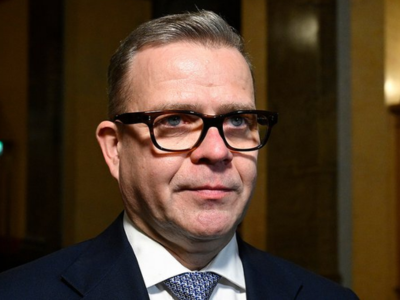


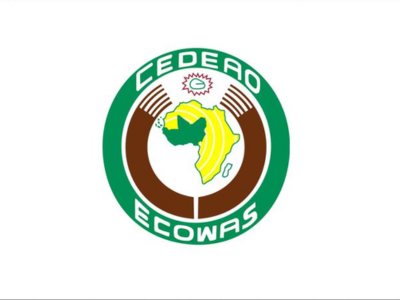
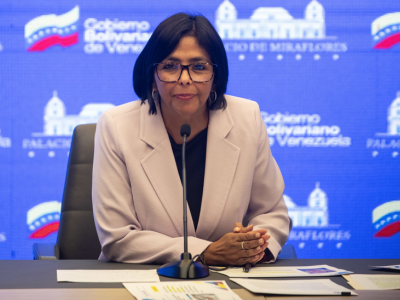

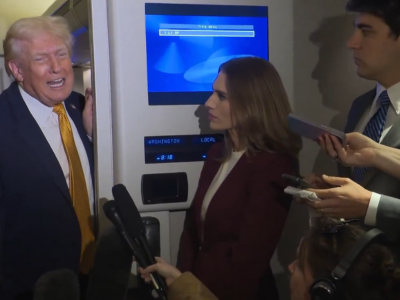
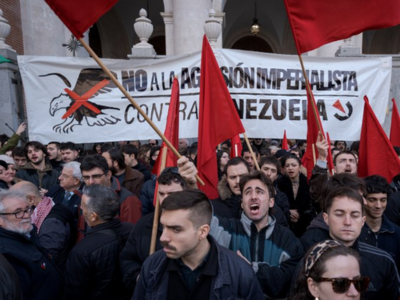


0 Comment(s)